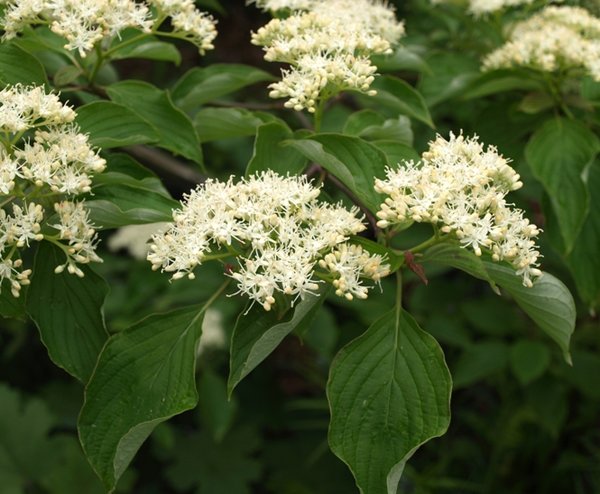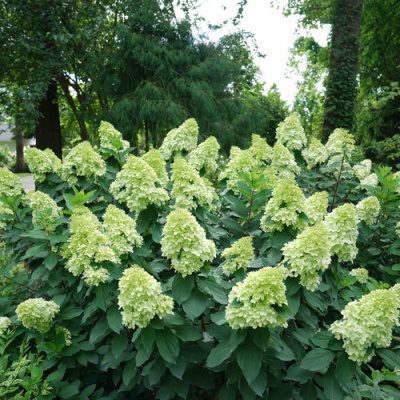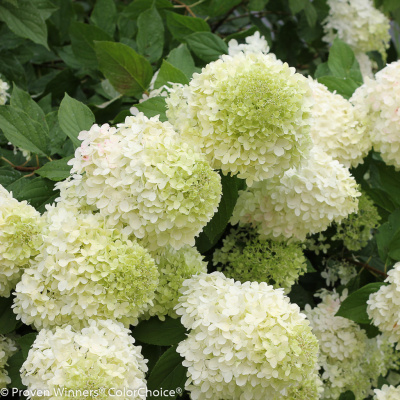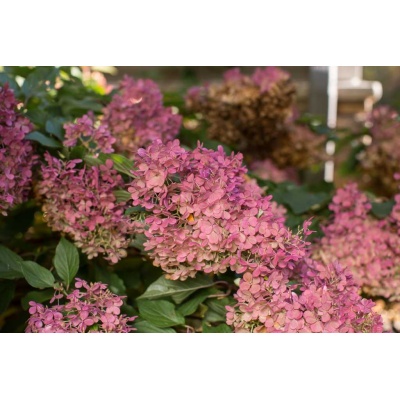Description
 Cornus alternifolia is a small deciduous tree or large multi-stemmed shrub that typically grows 15-25’ tall with distinctive tiered/layered horizontal branching which is upward-turned at the tips. It is native to both moist and dry forests, forest margins, stream banks and fields from Newfoundland to Minnesota south to northern Arkansas and through the Appalachians to Georgia and Alabama. Small, fragrant, yellowish-white flowers bloom in flattened cymes (each to 2 1/2″ across) in late spring (May-June). Flowers give way to bluish-black fruits (drupes) on red stalks. Fruits mature in late summer. Elliptic-ovate, medium green leaves (to 3-5” long) turn reddish-purple often tinted yellow or green in fall. Although the leaves of most species of dogwood are opposite, those of pagoda dogwood are alternate, hence the specific epithet and often used common name of alternate-leaf dogwood.
Cornus alternifolia is a small deciduous tree or large multi-stemmed shrub that typically grows 15-25’ tall with distinctive tiered/layered horizontal branching which is upward-turned at the tips. It is native to both moist and dry forests, forest margins, stream banks and fields from Newfoundland to Minnesota south to northern Arkansas and through the Appalachians to Georgia and Alabama. Small, fragrant, yellowish-white flowers bloom in flattened cymes (each to 2 1/2″ across) in late spring (May-June). Flowers give way to bluish-black fruits (drupes) on red stalks. Fruits mature in late summer. Elliptic-ovate, medium green leaves (to 3-5” long) turn reddish-purple often tinted yellow or green in fall. Although the leaves of most species of dogwood are opposite, those of pagoda dogwood are alternate, hence the specific epithet and often used common name of alternate-leaf dogwood.
Common Name: pagoda dogwood
Type: Deciduous shrub
Family: Cornaceae
Native Range: Eastern North America
Zone: 3 to 7
Height: 15.00 to 25.00 feet
Spread: 20.00 to 32.00 feet
Bloom Time: May to June
Bloom Description: Yellowish-white
Sun: Full sun to part shade
Water: Medium
Maintenance: Low
Suggested Use: Flowering Tree
Flower: Showy, Fragrant
Leaf: Good Fall
Attracts: Birds, Butterflies
Fruit: Showy
Tolerate: Deer




Reviews
There are no reviews yet.